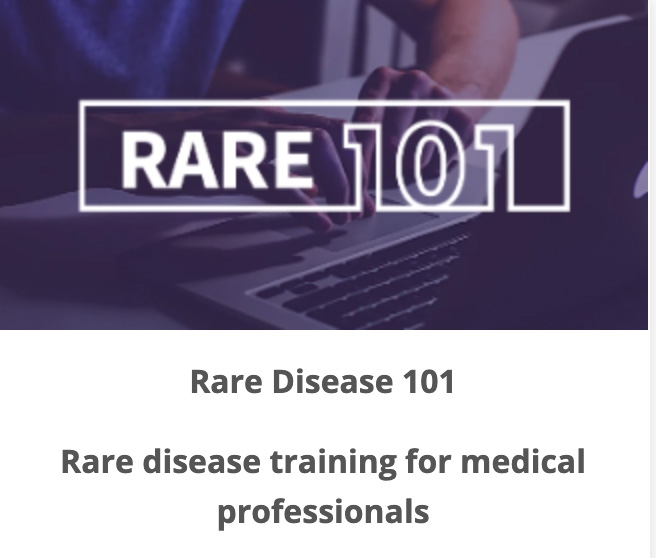In a great step forward for rare disease patients, Medics4RareDiseases has launched Rare Disease 101, an online interactive education module aimed at medical professionals that will help tackle delays in diagnosis and improve patient care.
For some patients delays in diagnosis can be long and when patients don’t fit the profile healthcare professionals expect to see, it can be a frustrating and upsetting journey.
Many SCAD patients have experienced not just delays in diagnosis and treatment, but also bias because their gender and age lead healthcare professionals to dismiss cardiac symptoms as being anxiety or panic attacks without performing troponin blood tests.
The education module includes a case study on SCAD, explaining that even with classic heart attack symptoms SCAD is often missed “based solely on demographics of the patient”.
Rare Disease 101 addresses the basics of rare disease and the shared challenges that people with rare diseases face, especially when accessing healthcare. It includes information that the average medical professional may not be aware of, with many stories, examples, tools, websites, knowledge sources and images from the rare disease community.
One of the stories in the module is from SCAD patient Andrea Alestrand. Despite having cardiac symptoms, she was advised to go to her walk-in centre, where she was diagnosed with stress and anxiety. The next day she was still having symptoms and went to A&E, where they did a troponin test and, following an angiogram, she was eventually diagnosed with SCAD.
She had to go into hospital again a few days later and, having done some research into SCAD, says: “I tried to tell the doctor what I had read about SCAD online, but he got annoyed and he dismissed what I was telling him, saying ‘since Google came along, everybody is a doctor’.”
“Thanks to Rare Disease 101, medical educators can no longer skim over rare disease because of a perceived irrelevance. A patient group of 3.5 million people cannot be left off the medical curricula and Medics4RareDiseases providing the model with which to deliver this education,” comments Dr Lucy McKay, CEO of Medics4RareDiseases.
Rare Disease 101 is free to use by healthcare professionals and is available via www.m4rd.org.

